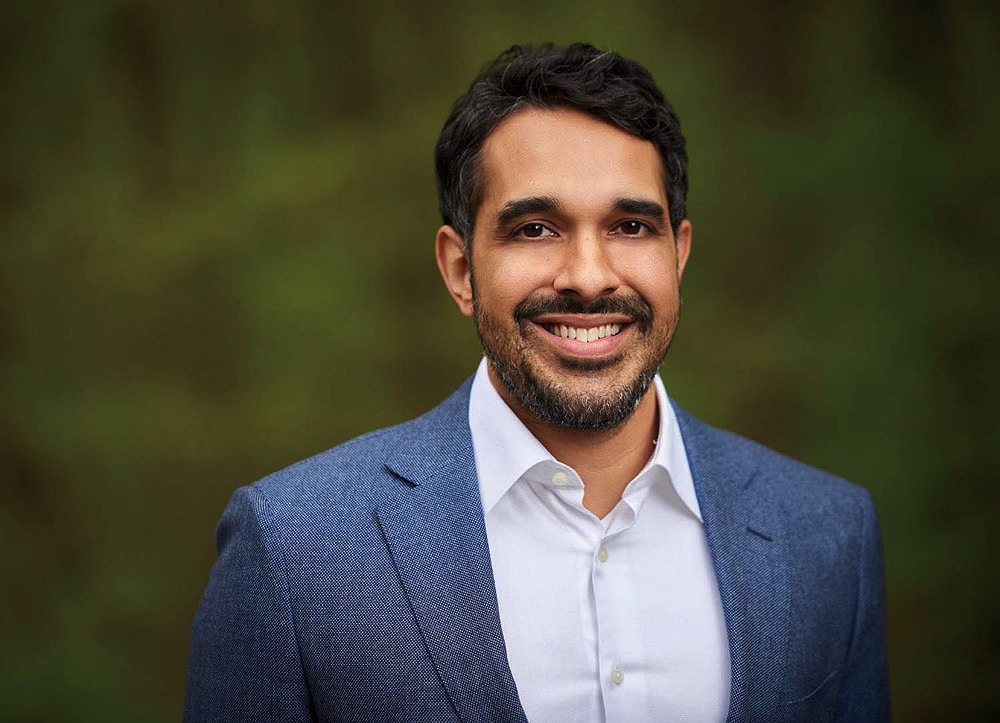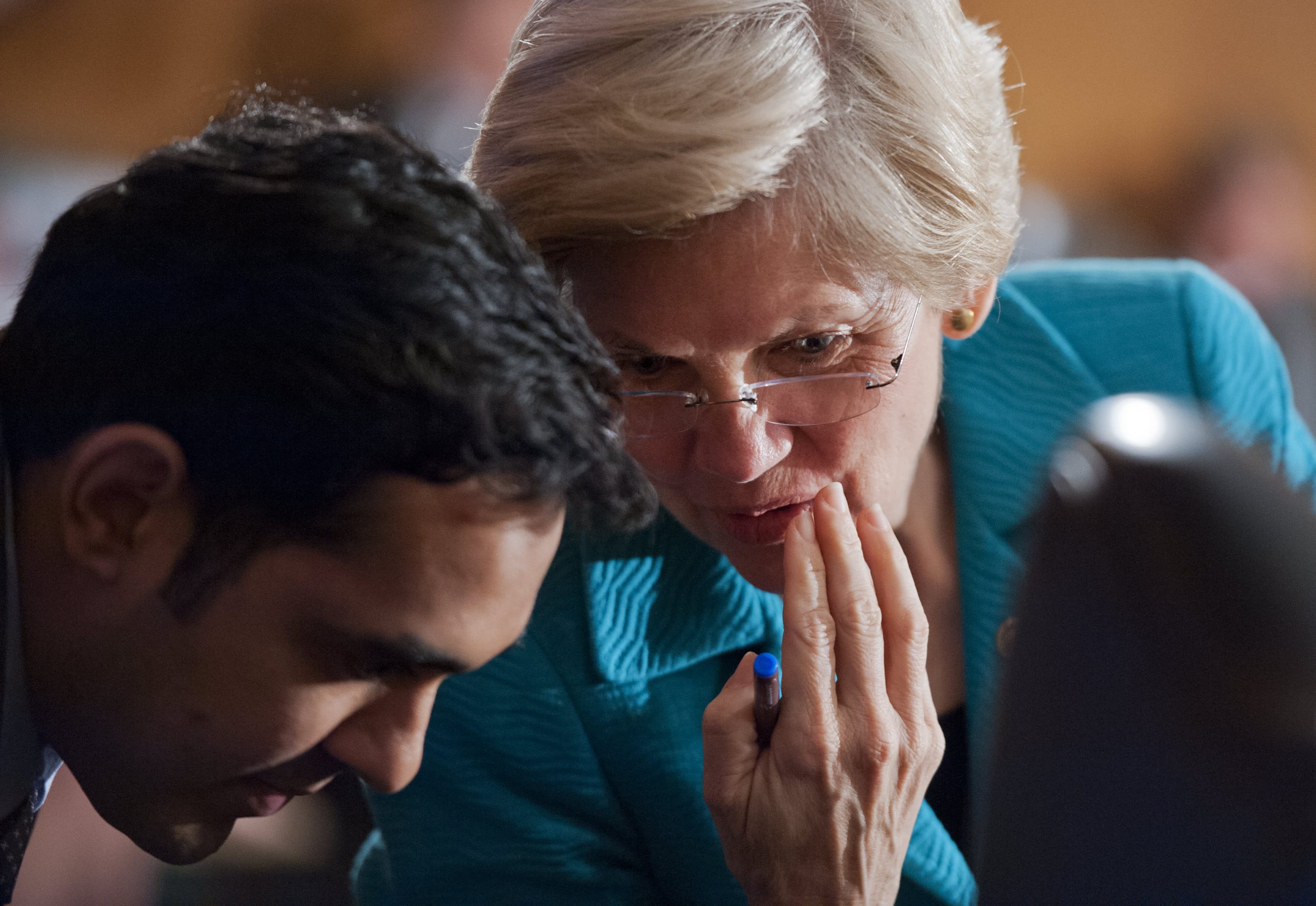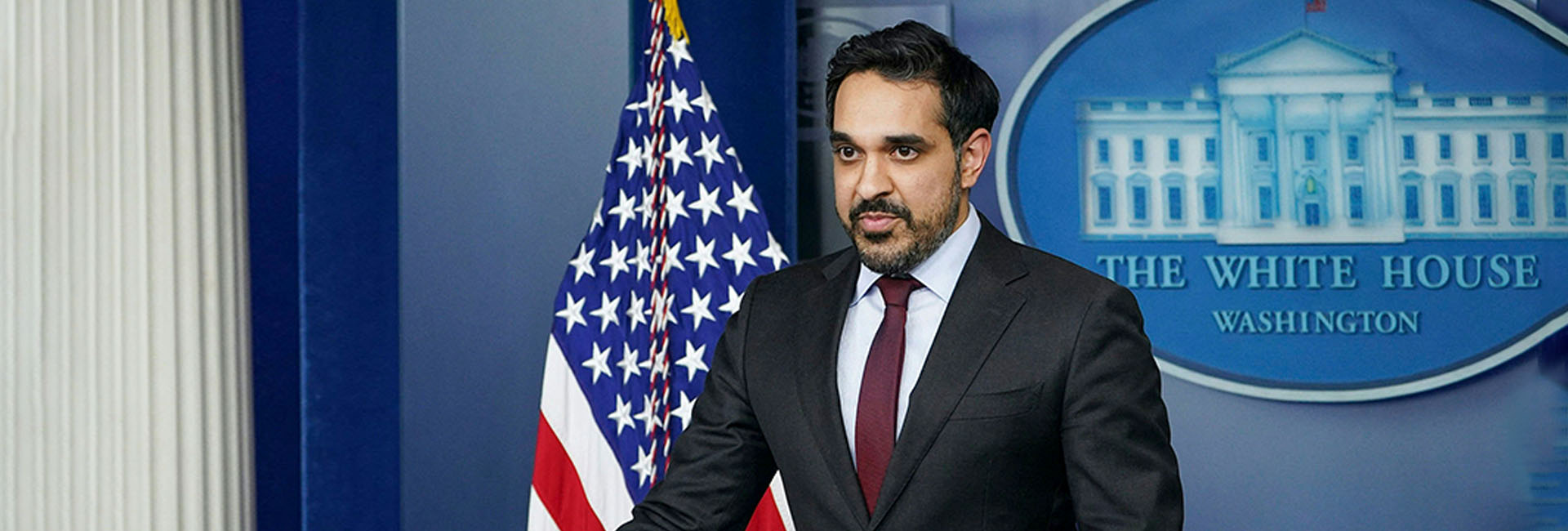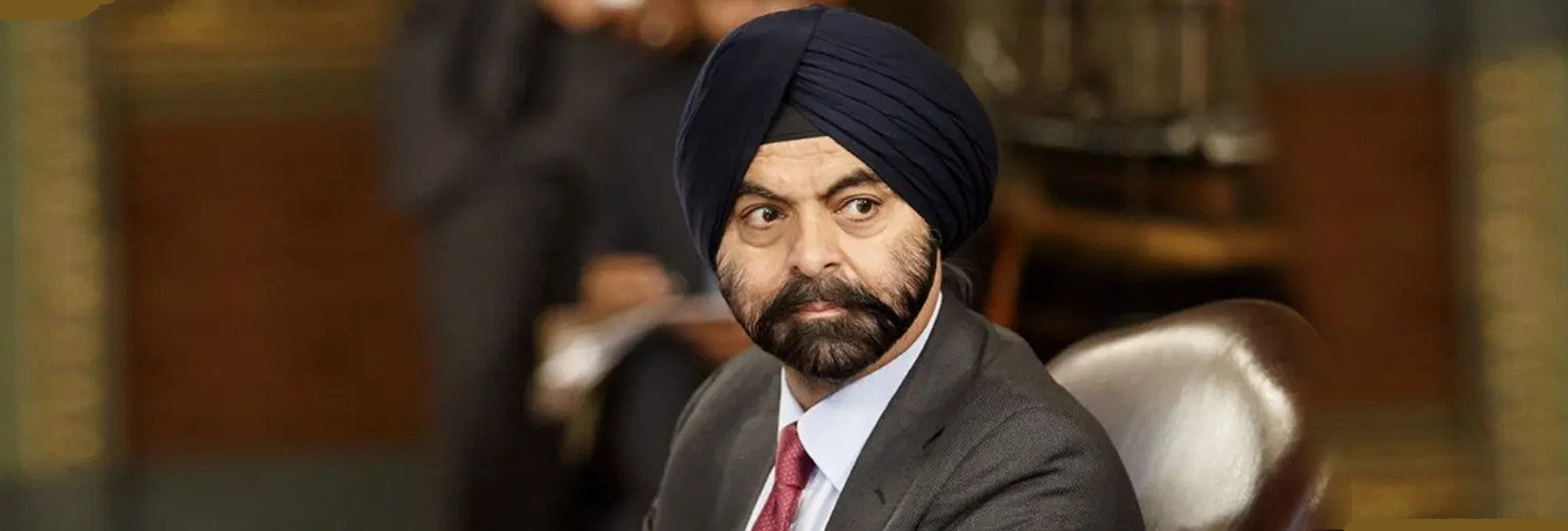(March 2, 2023) Indian American economist Bharat Ramamurti, who currently serves as Deputy Director of the National Economic Council, saw himself taking up another strategic role in Joe Biden’s government when he was named as an Advisor for Strategic Economic Communications recently. The announcement made by the US President did reflect that he has kept Bharat as part of his core team as it will “help bring a seriousness of purpose to the task of building a strong, inclusive, and more resilient economy for the future.”
Biden added, “They will work tirelessly to ensure every American enjoys a fair return for their work and an equal chance to get ahead, and that our businesses can thrive and outcompete the rest of the world. Let’s finish the job.”
A graduate of Harvard College and Yale Law School, Bharat was appointed in 2020 by Senate Democratic leader Chuck Schumer as a commissioner on the Congressional oversight commission for the CARES Act, before joining the Biden team. At the NEC, he focuses on drafting economic relief policies.

Bharat Ramamurti
A lawyer in the making
It was in graduate student housing at Peabody Terrace in Harvard that Bharat spent his childhood, as his father, an immigrant from Chennai, was completing his doctorate in business. His mother, on the other hand, was directing the local Indian school that taught heritage, language, and culture to the children of immigrants. At age five, he moved to Lexington, Massachusetts with his family, where he stayed for the rest of his school life. He was not only on the debate team that competed nationally, but also started an alternative newspaper that he created and edited. After finishing high school, he returned to Harvard as an undergraduate and later enrolled in Yale Law School.
However, his career as an aspiring lawyer suddenly took a U-Turn when in 2007 he started working for Red Sox. Being a “serious baseball fan”, he landed an internship at the team through some networking. “It was a dream come true for a nerdy baseball fan who grew up in the Boston area—working at Fenway on baseball stats during the day and then going up to the general manager’s box in the evening to watch the games. As much as I loved that year, I realised working in baseball long-term wasn’t for me,” the Global Indian said in an interview.

Warren-Ramamurti equation
The decision put him back in the world of law, and Bharat ended up working at two blue-chip law firms, before taking up two clerkships – where he honed his skills. It was in 2013 that he was hired on as Elizabeth Warren’s banking counsel, and was promoted to director of overall economic strategy and policy in 2015.
Those years with Warren “provided an apprenticeship for the position he now holds.” It was his “penchant for deep research and ingenuity at seeking common ground” that proved beneficial in those years. He quickly rose to become Warren’s closest collaborator on key economic initiatives. Bharat has the instinct to bring people along. He’s very focused on the end goal of creating change, but he doesn’t start with the conclusion out loud, he proceeds incrementally. It makes him powerfully effective,” Warren said in an interview.
Damon Silvers of the AFL-CIO, who has worked closely with Warren backed it when he said, “A person with lesser skills could have polarised it. In this hyper-partisan environment, everyone comes into the room with their fists up. And yet Bharat was able to make the panel into an effective body that works by consensus, holds hearings, and issues reports,” adding, “Another Ramamurti trademark is a rare capacity in a deeply polarised political system to engage respectfully with conservatives.”

Bharat Ramamurti with Elizabeth Warren
When the world walked into lockdown owing to the pandemic, Senate Minority Leader Chuck Schumer appointed Ramamurti to serve on the newly-created COVID-19 Congressional Oversight Commission for the CARES Act. Soon after his nomination to serve on the Committee, he authored an op-ed in The New York Times about the panel’s role in the oversight of the President’s handling of the coronavirus pandemic.
And now, Bharat, who is married to Paige Ammons, an attorney, and consultant, is ready to take on a key economic role in the White House.
- Follow Bharat Ramamurti on Twitter




